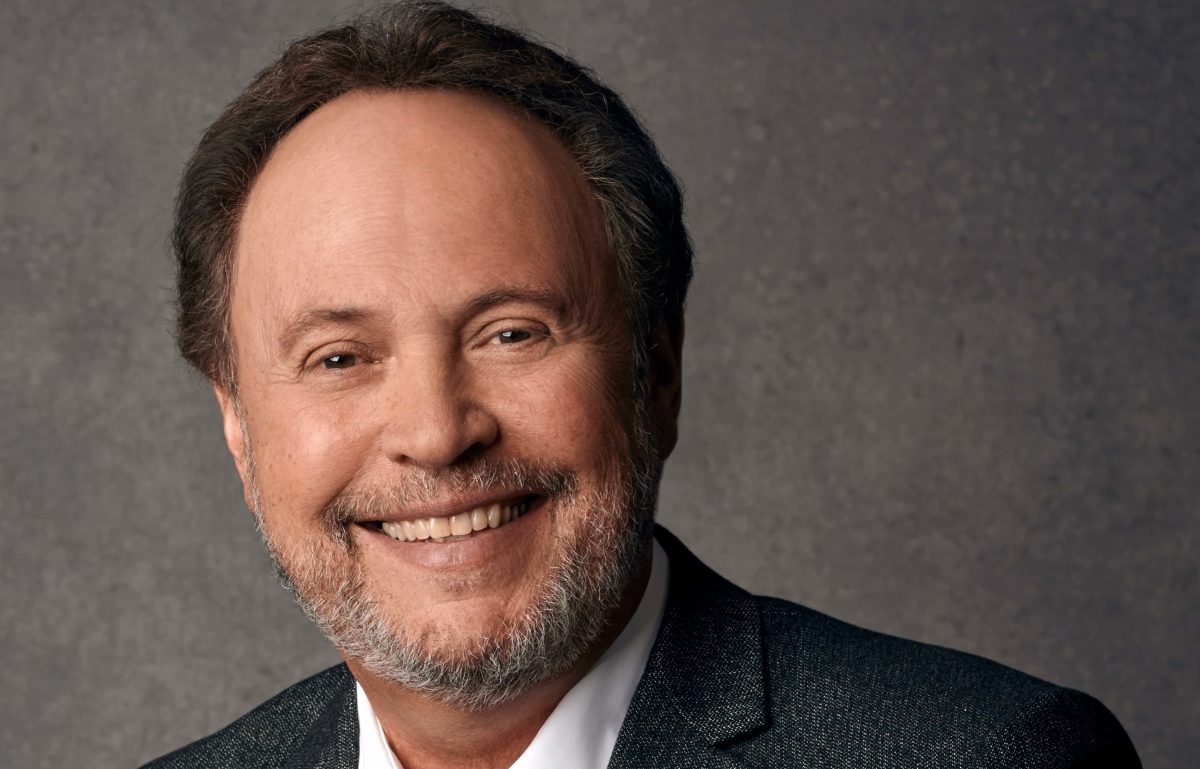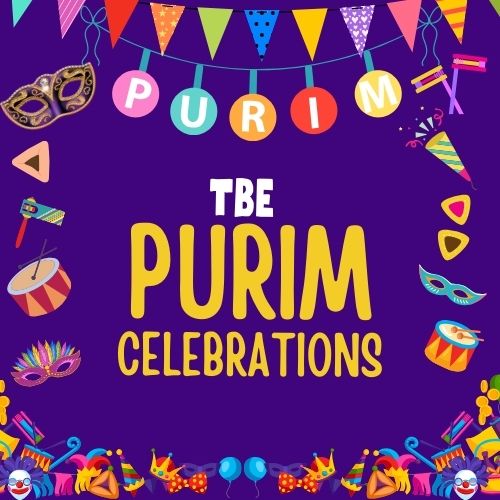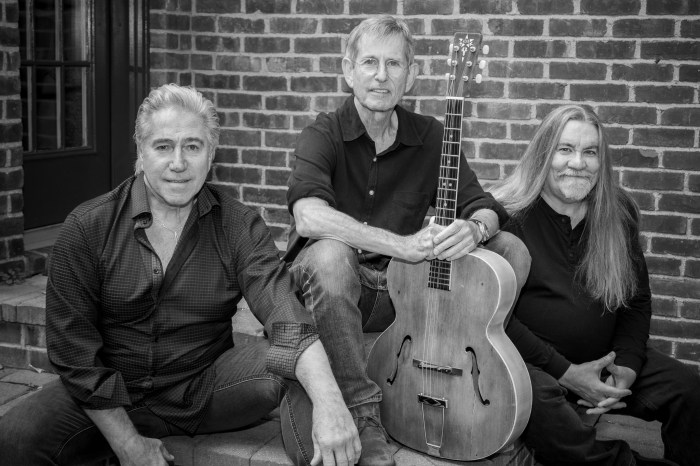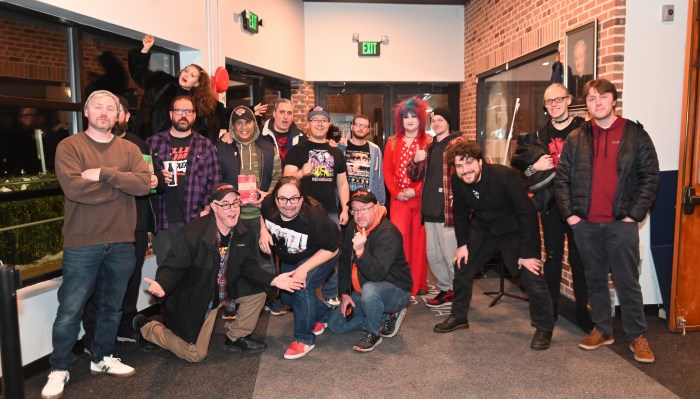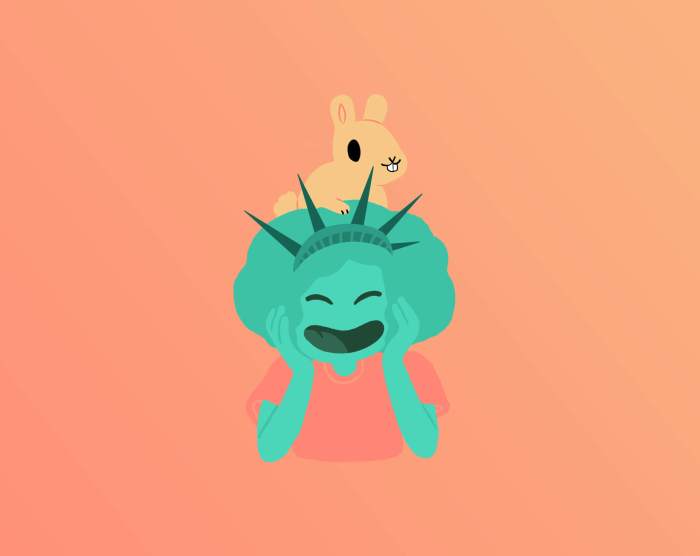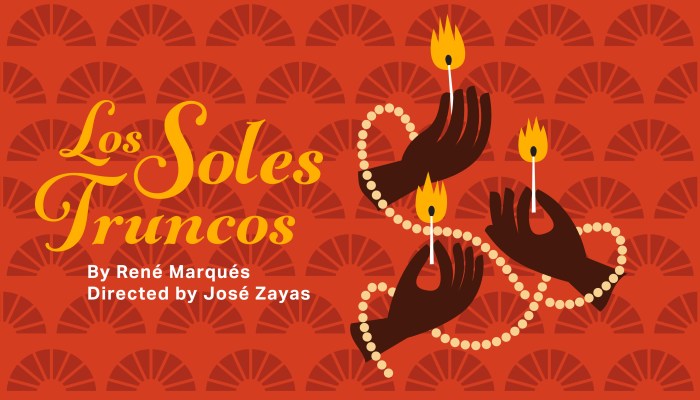Despite four decades in showbiz, Billy Crystal, one of America’s favorite comedians, still looks “Mahvelous,” as he famously said in his 1985 Saturday Night Live impersonation of Latin actor/director Fernando Lamas.
Crystal, a Long Island native, is best known for playing zany yet lovable characters such as Psychiatrist Ben Sobel in Analyze This, Harry Burns in When Harry Met Sally and Mitch Robbins in City Slickers. He is so adored that he was asked to host the Academy Awards nine times. But he is more than just funny. He is smart, accomplished and at 70, doesn’t show any signs of slowing down.
Earlier this year, he completed a 30-city North American stand-up tour and in 2016 he wrapped a 13-day tour in six cities in Australia and New Zealand. The Tony® and Emmy® Award-winning comedian, actor, producer, writer and director spoke to the Press from his West Coast home, sharing a glimpse of his world as a young boy growing up in Long Beach, his unconditional love for the City by the Sea, his late father and their family’s connection to the New York jazz scene, his career, and his plans for Father’s Day that are sure to include another passion: baseball.
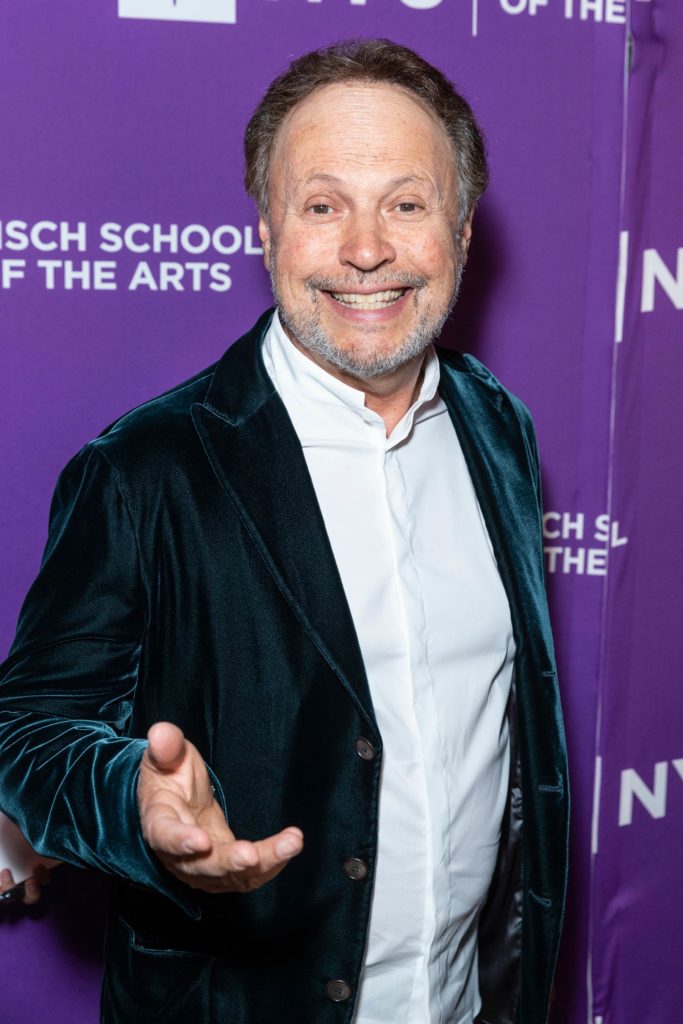
When did you move to Long Beach? I was born in Manhattan at Doctors Hospital, which was across the street from Gracie Mansion. We lived in the Bronx and moved out to Long Beach in 1951. It was an idyllic place to grow up, a small great community: 8,000 people in the winter and six million people in the summer. It just had this beautiful simplicity about it. It was in the ’50s and it was kind of perfect living around the corner from my elementary school and my synagogue.
What was it like sitting at the seder table with your grandmother and Louis Armstrong or going to the movies with Billie Holiday? I was so fortunate to be raised in this incredibly vibrant cultural, culturally interesting family and the extended family we had. A lot of that was in Long Beach and I am grateful for that. My father’s friends were black jazz musicians — a lot of them. And they were guests and also jammed at my bar mitzvah and my brothers’ bar mitzvahs. Zutty Singelton, a great jazz drummer, named me “Face” because I could imitate him. That is also the name of my production company. I even played some jazz riffs on the clarinet with them. In the family with Eastern European, a lot of Russians, and immigrants, the household was joyous with an emphasis on music and comedy. It was a place to perform and the beginning of where I am today.
How were your father and your Uncle Milt great visionaries? My dad and my family were Civil Rights pioneers and my dad produced jazz concerts with African American artists in the late ’40s, when that wasn’t happening a lot. He was known to a lot of musicians as the Branch Rickey of jazz. Branch Rickey was the man who helped Jackie Robinson break the color barrier with the Brooklyn Dodgers and was revered for that, so that was the legacy. There was a little record store my grandfather owned on 42nd Street. My Uncle Milt [Gabler] became a great jazz record producer and produced the legendary song, “Strange Fruit,” [recorded] by Billie Holiday in 1939, which is a song about the lynching of black people. Time magazine called it the record of the century. The fact that our family was responsible for the bold move of getting that record out to the world was an amazing legacy.
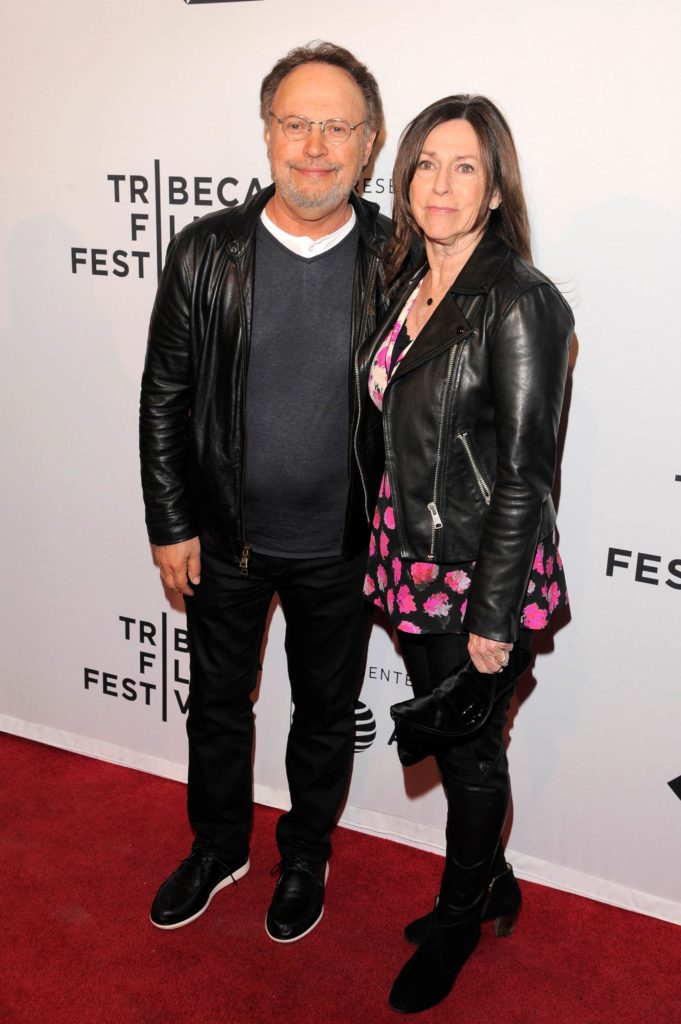
The sudden loss of your father when you were only 15 must have been quite traumatic for you and your family. Did you ever get closure? After losing our dad so early our mother was the great heroine in my life. Her dream with my dad was to make sure we were college graduates and she made that happen. Tragedy is a test for some people. That is what [my solo play] 700 Sundays was about for me. At the age of 15, I was like: “Alright, this is a test. There is going to be a big loss the rest of your life.” It took a long time to work through. The finishing part of working through it was doing 700 Sundays all those years later with the strength of my mother and my brothers. That is one of the things I will always feel bad about. I wish he could have seen our kids, our wives, our successes for all of us. It would have made him so proud, but I think when you carry that spirit in your heart it is a way of them knowing it, if that makes any sense.
Can you tell us a little bit about your dad? He was a simple man. He did concerts on the Lower East Side at Central Plaza in the big ballroom for 15 years until his death. With the rise of swing, and the modern jazz of Miles, Monk, Dizzy and Coltrane, the Central Plaza was one of the only places these original Dixieland artists could come and jam. That building is now part of New York University’s Dance Theater. Two years ago, the dean of the Tisch School of the Arts and my family renamed it The Jack Crystal Theater. That was really an emotional day for us.
Do you still have family and friends in Long Beach? My brothers live there. My nieces and nephews are there. My great nieces and nephews are there.
Can you tell us about your contributions to Long Beach after Sandy? My brother had four feet of water in his house and my nephew had to evacuate. [My wife] Janice and I dedicated ourselves to helping rebuild the city. We raised a lot of money. We worked with [U.S. Sen.] Chuck Schumer in replacing trees in the city that were destroyed by the seawater. There were 2,500 trees we planted and we raised well over a million dollars. We have been very proud to be able to get Long Beach back on its feet. I love the city. I love the people there. With the help of Nancy Lieberman, a Hall of Fame basketball star and Olympian, we dedicated these two basketball courts that bear my name and Janice’s. It is a great feeling to be able to give back all that you can in a town that gave me so much.
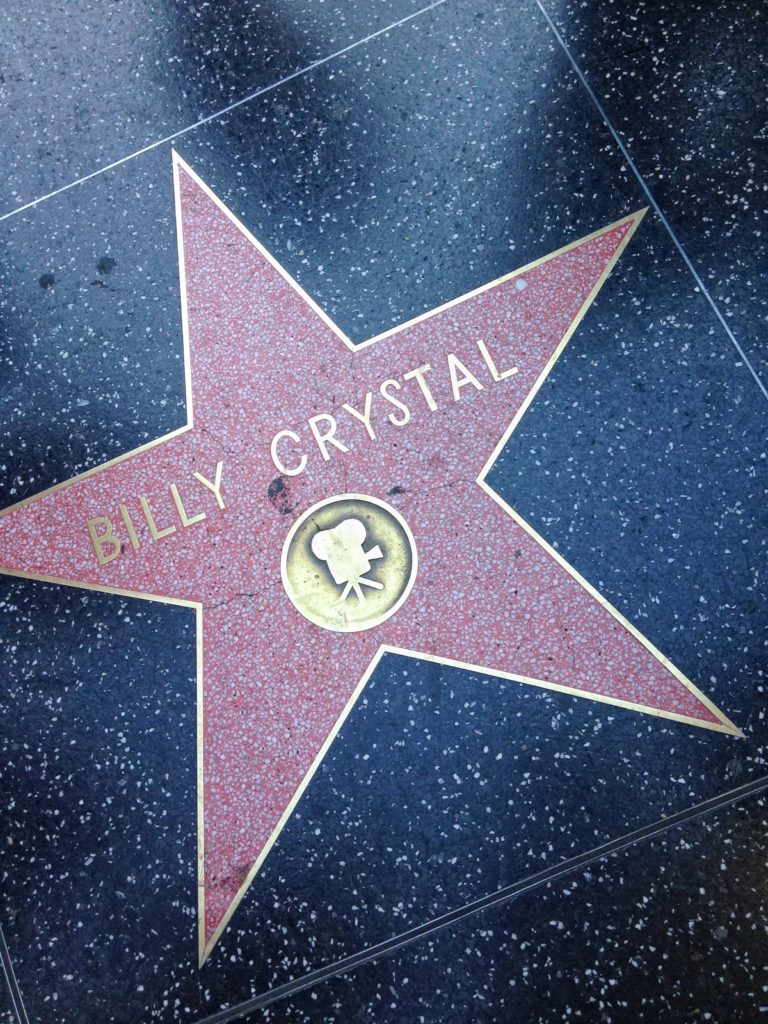
What are some career highlights? The HBO show, Midnight Train to Moscow. I was the first American comedian to perform in the Soviet Union. The show was about finding my roots and reuniting my family. We found 30 relatives there, which we didn’t know, and that was profound for me. They looked like my relatives from the living room. It was just by chance that they didn’t get out but, my grandmother got out. So here I was 12,000 miles away in Moscow in this beautiful theater and I had all these relatives in the audience. So, in some ways, it was like I was back in the living room and the feeling was joyous for me, because I didn’t even know they were alive until I got there and we found them. It was an incredible experience.
Do you still hear “You Look Mahvelous” after all these years? Yes. It still happens. I flew back from New York a couple of days ago and the flight attendant said, “You look mahvelous.” It is still out there. With YouTube and everything streaming you can still find it. I loved Fernando because it was improvised, nothing was written, so I did not know where the conversation would go. It was spontaneous and dangerous to do on live television.
Does it seem more challenging to be a comic then it used to be? Everyone is a little touchy and with the levels of political correctness the lines are getting blurred for me. I think the level of characters that I sadly could not do today, like Sammy Davis Jr. or any person of color, is terrible. Why not? They are character pieces to me. These are people I grew up loving and knowing, so if it is real, why does it make people so angry? You say something, and someone throws out the word “racist!” That is sad to me on a comedy landscape. I think all comics feel that way.
What are your plans for Father’s Day? My sons-in-law and I try and get to a Dodgers game or some type of baseball something. It is always a joy to spend it with these boys and my daughters. It is a day everyone comes over. For me the perfect day is being happy with my kids and grandchildren and looking around and going, “You know, we did pretty good.”



